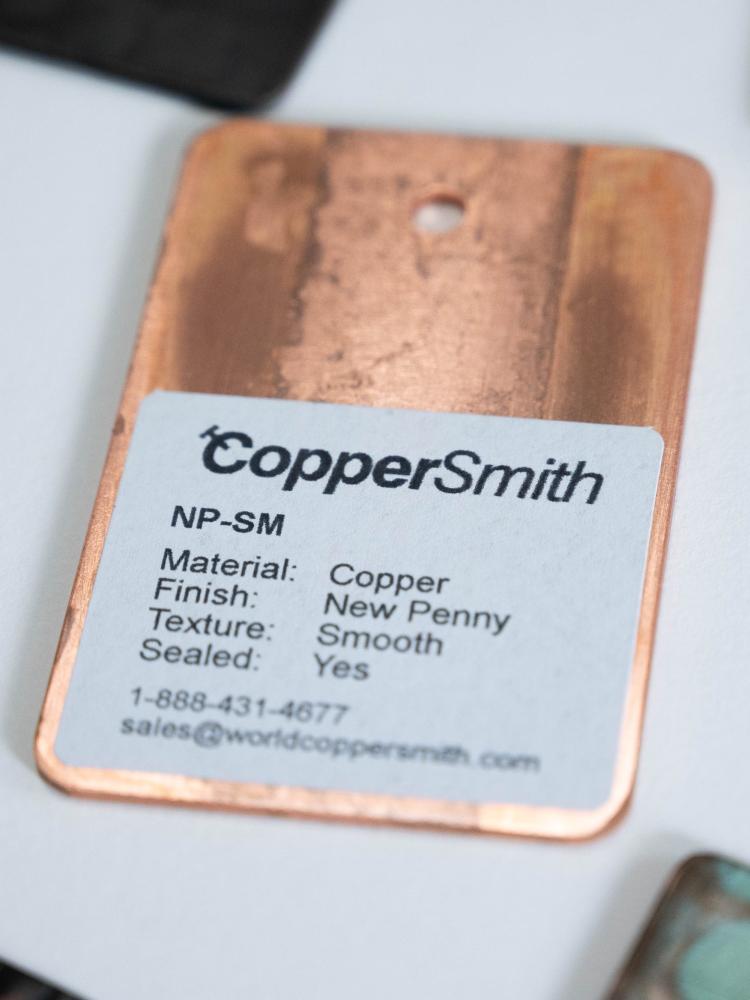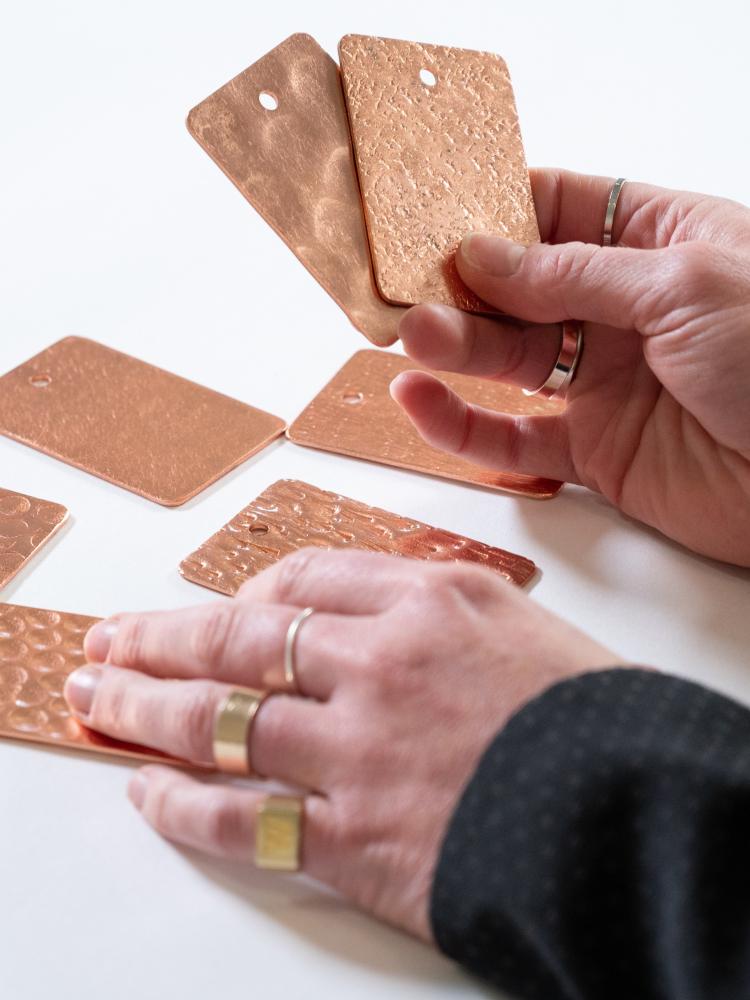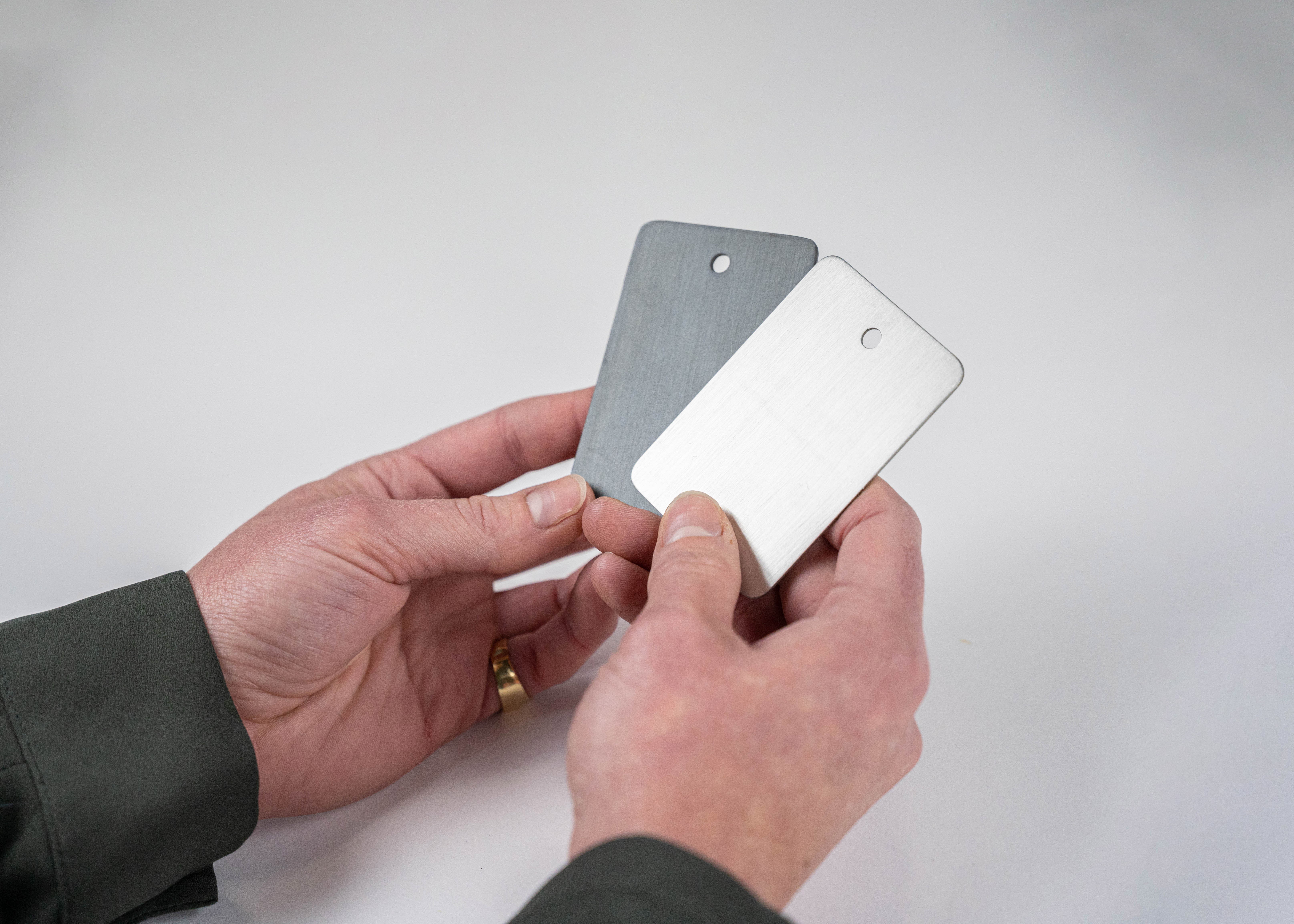If you’ve ever tried sticking a magnet to a copper sink, range hood, or countertop, you may have been surprised when it didn’t cling. That’s because copper is not magnetic. But the story doesn’t end there.
Science Helps Us Understand Whether Copper Is Magnetic

Unlike iron, nickel, or cobalt, copper is classified as diamagnetic. This means its electrons are paired in a way that cancels out magnetic pull. Rather than attracting magnets, copper ever-so-slightly repels them.
In daily life, this effect is typically too subtle to notice. Put a strong magnet against copper, and you won’t feel it tug (unless the copper is combined into an alloy with other magnetic elements). But in special circumstances, such as dropping a neodymium magnet through a copper tube, you’ll see the magnet slow down.
This occurs because moving magnets create tiny electrical currents inside copper (called eddy currents), which push back against the magnet’s motion. This property makes copper useful in advanced technologies such as maglev trains and scientific instruments.
Real-World Applications of Non-Magnetic Copper
Copper’s lack of magnetism isn’t just a scientific curiosity; it has many practical uses that touch everyday life. Just a few everyday places where you’ll find non-magnetic copper include:
-
Electrical wiring: Copper’s lack of magnetism ensures clean energy flow without interference.
-
Coinage: Many coins contain copper, and its non-magnetic nature helps machines process them accurately.
-
Precision equipment: Copper is used in sensitive tools where stray magnetism would cause errors.
The combination of conductivity, stability, reliability, and even the health benefits of copper is part of why it has been a trusted resource for centuries.
Pros and Cons of Non-Magnetic Copper in the Home

Beyond science and technology, copper’s non-magnetic nature also plays a role in everyday home design, bringing both advantages and a few trade-offs.
Pros of Non-Magnetic Copper in the Home
Selecting copper because it is not magnetic is a conscious choice for homeowners for many reasons:
-
Clutter-free surfaces: Magnets won’t stick, which helps keep copper sinks, copper range hoods, and copper tubs free of random clips, notes, or toys.
-
Design focus: Without magnets clinging to it, copper décor remains clean and elegant, highlighting the craftsmanship and natural beauty of the metal.
-
Hygiene benefits: Because nothing magnetic adheres, surfaces stay easier to maintain, pairing with copper’s antimicrobial properties for a cleaner kitchen and bath.
-
Durability without distortion: Some metals can warp or weaken when exposed to strong magnetic forces. Copper avoids that issue entirely.
Cons of Non-Magnetic Copper in the Home
On the other hand, if you like magnetic surfaces, you may perceive copper appliances and accents this way:
-
No magnetic storage: You can’t rely on magnets to hold items on copper surfaces like you would on some refrigerators or steel backsplashes.
-
Cookware limitations: Pure copper cookware won’t work on induction cooktops without an added magnetic base.
-
Perception of fragility: Some homeowners expect a “sturdy” magnetic feel, and copper’s lack of magnetism can be misunderstood as a weakness (even though it’s a very strong material).
In the end, copper’s non-magnetic nature is less of a drawback and more of a defining feature. It keeps your spaces looking polished, uncluttered, and unique compared to everyday stainless steel.
Copper Is Not Magnetic, But It Makes for Beautiful Home Accents
So, is copper magnetic? The answer is no, and that’s part of what makes it so special outside and inside the home. When you choose handcrafted copper sinks, range hoods, and decor from World CopperSmith, you’re investing in timeless elegance backed by centuries of proven performance. Contact us today to order your custom copper products.


